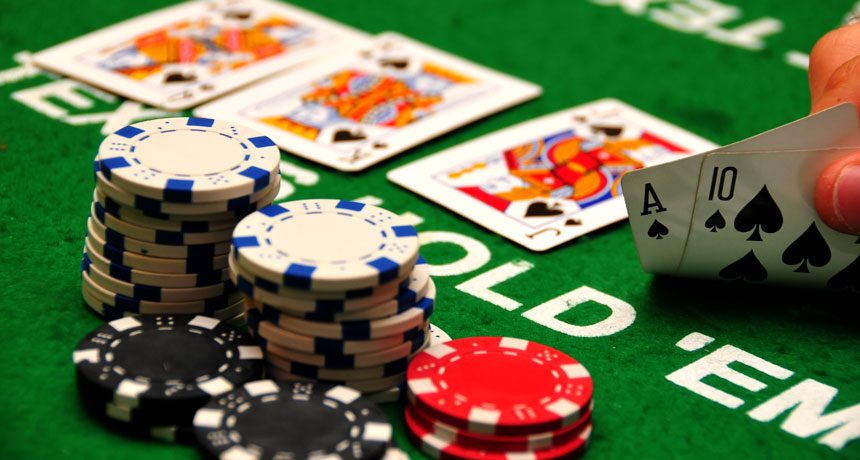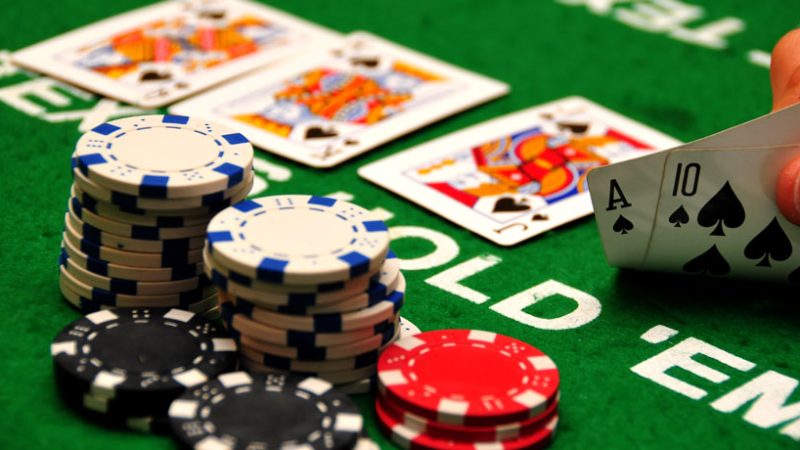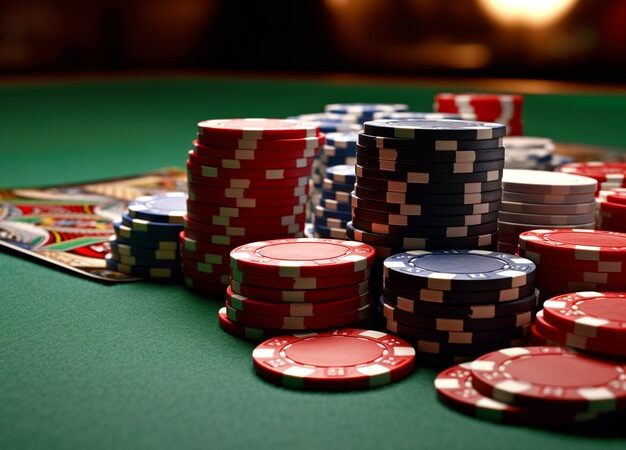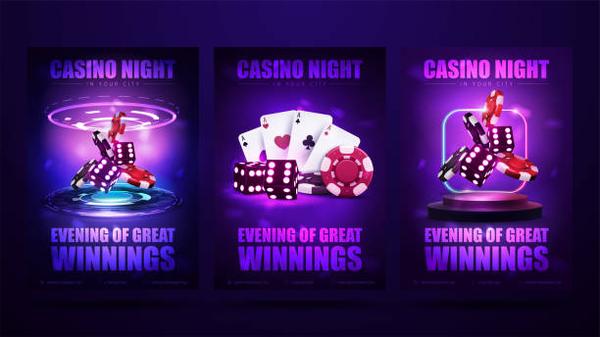Beyond the Cards The Sociology of Poker

Learning from both successes and mistakes helps you refine your strategy over time. Emotional Control Poker is an emotional roller coaster. Maintain emotional equilibrium, regardless of the outcome of a hand. Tilt, a state of frustration, can lead to poor decisions. Take breaks if needed to regain composure. Practice, Practice, Practice Like any skill, poker mastery requires practice. Participate in low-stakes games, online platforms, or home games to hone your skills. The more hands you play, the better you’ll become at making quick and accurate decisions. In , poker strategy goes beyond mere luck. It involves a delicate balance of skill, psychology, and adaptability. By mastering the basics, understanding your opponents, and applying these insider tips, you can elevate your poker game to a whole new level. Remember, the journey to becoming a successful poker player is a marathon, not a sprint.
Beyond the Cards The Sociology of Poker Poker, a seemingly straightforward card game, extends its influence beyond the realms of gambling and strategy. Beneath the surface, it unveils a rich landscape for the exploration of human behavior, social dynamics, and psychological intricacies. The sociology of poker delves into the interconnectedness of players, the negotiation of power, and the display of identity within the confines of the poker table. At its core, poker mirrors the microcosm of society itself. Players gather around a table, each with their own unique background, experiences, and motivations. The game transforms into a social arena where participants engage in a delicate dance of interaction and perception. Social hierarchies emerge as the game unfolds, with dominant personalities taking charge while others adapt and respond. These dynamics reflect broader societal trends of power distribution and negotiation. One intriguing facet of poker’s sociological examination lies in the study of deception and authenticity.
The art of bluffing epitomizes this, offering insights into the complex interplay between honesty and deceit. Players craft personas, manipulating facial expressions, body language, and verbal cues to mislead opponents. This exploration mirrors the way individuals present themselves in everyday life, showcasing how people navigate the thin line between self-preservation and authenticity. Furthermore, poker acts as a microcosm of decision-making processes. The game requires players to process incomplete information, analyze probabilities, and assess risks. This mirrors real-life scenarios where individuals make choices with limited knowledge. The concept of expected value, central to poker strategy, IDN Poker is a reflection of rational decision-making in uncertain situations—a concept widely applicable in fields beyond the poker table. In an era marked by digital communication, poker retains its value as a space for face-to-face interactions.






